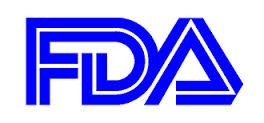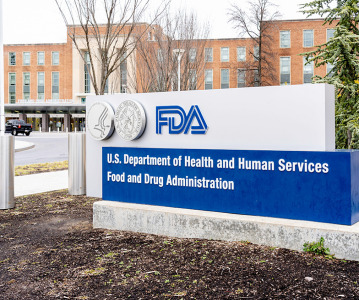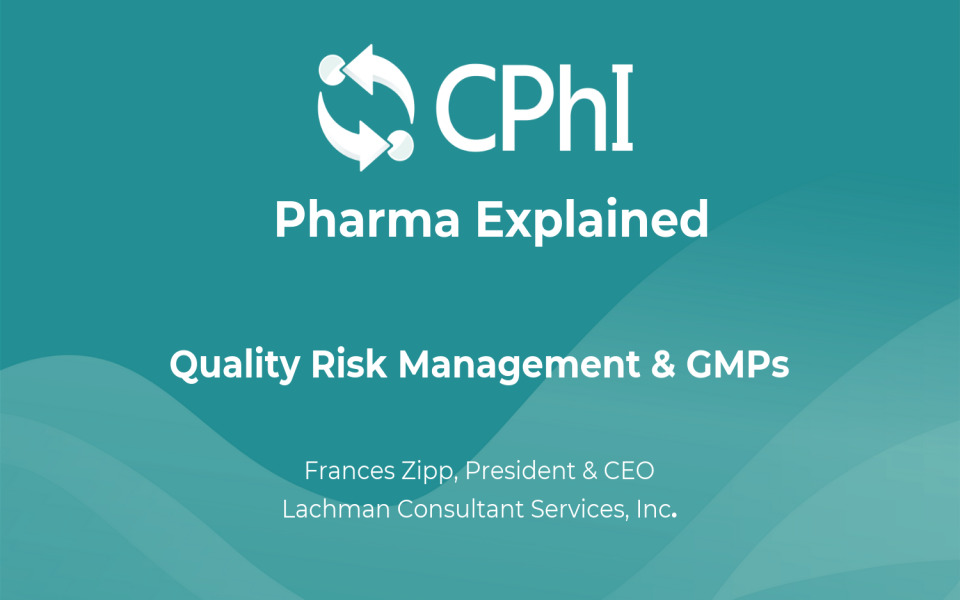FDA Strengthens Warning that Non-Aspirin NSAIDs Can Cause Heart Attacks or Strokes

FDA is strengthening an existing label warning that non-aspirin nonsteroidal anti-inflammatory drugs (NSAIDs) increase the chance of a heart attack or stroke. Based on FDA's comprehensive review of new safety information, the Agency is requiring updates to the drug labels of all prescription NSAIDs. As is the case with current prescription NSAID labels, the Drug Facts labels of over-the-counter (OTC) non-aspirin NSAIDs already contain information on heart attack and stroke risk. FDA will also request updates to the OTC non-aspirin NSAID Drug Facts labels.
The risk of heart attack and stroke with NSAIDs, either of which can lead to death, was first described in 2005 in the Boxed Warning and Warnings and Precautions sections of the prescription drug labels. Since then, FDA has reviewed a variety of new safety information on prescription and OTC NSAIDs, including observational studies, a large combined analysis of clinical trials, and other scientific publications. These studies were also discussed at a joint meeting of the Arthritis Advisory Committee and Drug Safety and Risk Management Advisory Committee held on February 10–11 February 2014.
Based on FDA's review and the advisory committees’ recommendations, the prescription NSAID labels will be revised to reflect the following information:
• The risk of heart attack or stroke can occur as early as the first weeks of using an NSAID. The risk may increase with longer use of the NSAID.
• The risk appears greater at higher doses.
• It was previously thought that all NSAIDs may have a similar risk. Newer information makes it less clear that the risk for heart attack or stroke is similar for all NSAIDs; however, this newer information is not sufficient for us to determine that the risk of any particular NSAID is definitely higher or lower than that of any other particular NSAID.
• NSAIDs can increase the risk of heart attack or stroke in patients with or without heart disease or risk factors for heart disease. A large number of studies support this finding, with varying estimates of how much the risk is increased, depending on the drugs and the doses studied.
• In general, patients with heart disease or risk factors for it have a greater likelihood of heart attack or stroke following NSAID use than patients without these risk factors because they have a higher risk at baseline.
• Patients treated with NSAIDs following a first heart attack were more likely to die in the first year after the heart attack compared to patients who were not treated with NSAIDs after their first heart attack.
• There is an increased risk of heart failure with NSAID use.
FDA will request similar updates to the existing heart attack and stroke risk information in the Drug Facts labels of OTC non-aspirin NSAIDs.
In addition, the format and language contained throughout the labels of prescription NSAIDs will be updated to reflect the newest information available about the NSAID class.
Related News
-
News New WHO health emergency guidelines expect full transparency from Big Pharma
The WHO are proposing a new set of pandemic guidelines to set out how future global health crises should be handled. -
News Biden's $2 billion Biotech Boost
President Biden issues executive order to bolster U.S. biomanufacturing sector. -
News US FDA grants priority review for Eisai and Biogen's Alzheimer's drug
Decision by US drug regulator on lecanemab expected by early next year -
News Panaxia's medical cannabis facility in Malta gains EU-GMP standard
This second facility gives the company a significant power multiplier for export capacity and geographical reach -
News CPHI Discover: Remote excipient audits are on the increase, but we must do more to develop novel excipients
Ahead of the session, Value Added Excipients to Unlock the Potential of APIs, at CPHI Discover on Thursday 18th May – global pharma’s largest ever virtual gathering – we spoke with one of the speakers, Dr Iain Moor... -
News Pharma Explained: What is Quality Risk Management & cGMPs?
Need clarity on determining your QA from your QbD and your cGMPs? You’re not alone! In our new Pharma Explained series from CPHI, we bring you clear cut definitions from industry experts on a myriad of Pharma Terms, delivered in bitesize video presenta... -
News Former FDA Commissioner lays out roadmap for building out excess capacity to deal with pandemic situations
Dr Scott Gottlieb shares insights into COVID-19 vaccine development, the upcoming US election and pharma pricing at the CPHI Festival of Pharma -
News Successful MHRA regulatory inspection for Scottish CMO Symbiosis
Inspection conducted remotely using video-conferencing and an online private document sharing platform.
Position your company at the heart of the global Pharma industry with a CPHI Online membership
-
Your products and solutions visible to thousands of visitors within the largest Pharma marketplace
-
Generate high-quality, engaged leads for your business, all year round
-
Promote your business as the industry’s thought-leader by hosting your reports, brochures and videos within your profile
-
Your company’s profile boosted at all participating CPHI events
-
An easy-to-use platform with a detailed dashboard showing your leads and performance







